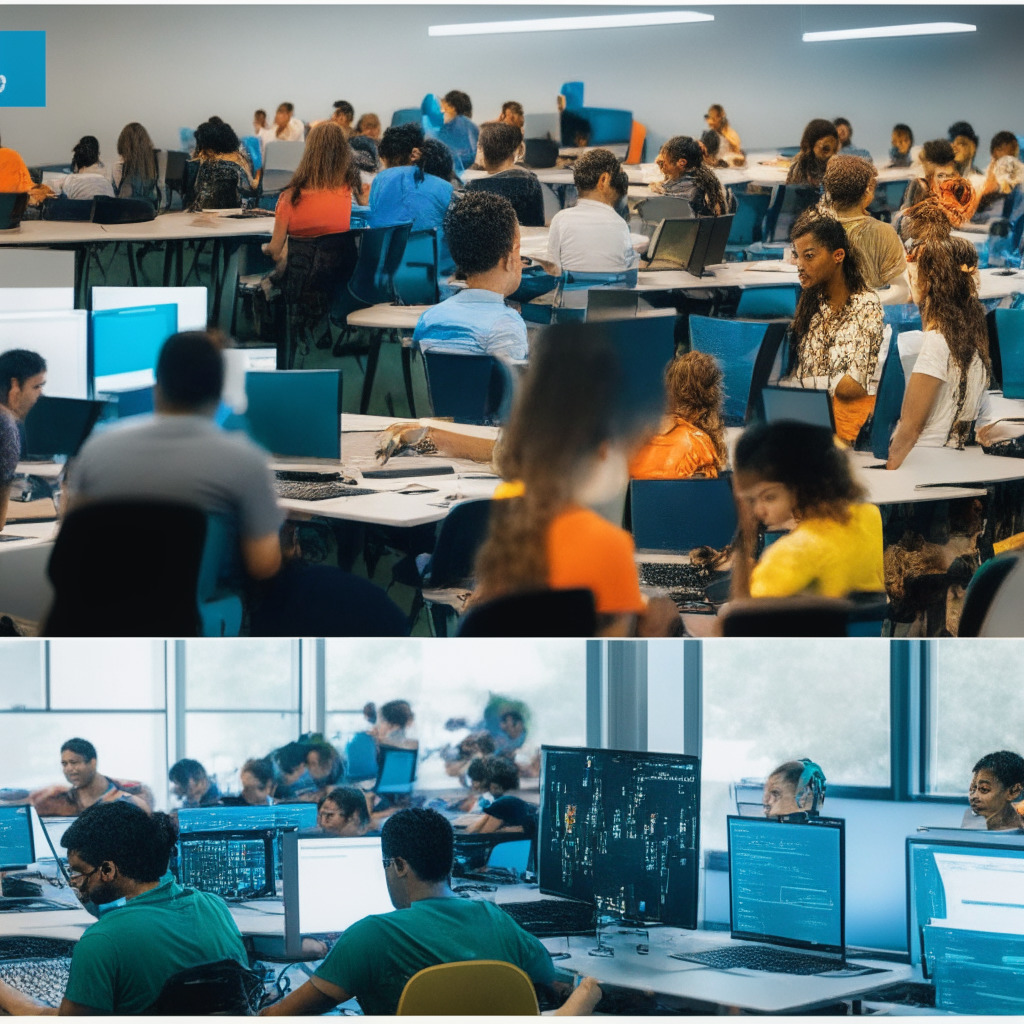Coding bootcamps have become increasingly popular as an alternative to traditional computer science degrees, offering immersive programs in various fields of technology, comprehensive training, hands-on projects, and career support. These streamlined programs typically last a few weeks to several months and are designed to provide students with practical experience and industry-relevant skills in areas such as web development, mobile app development, data science, and user experience design.
Companies like Fullstack Academy, Flatiron School, Codesmith, App Academy, and Coding Dojo each offer a range of bootcamp programs aimed at giving students the information and skills they need to become entry-level developers in the workforce. The curriculum in these bootcamps covers fundamental programming concepts, web development frameworks and tools, databases, algorithms, data structures, and software engineering best practices. They also emphasize project-based learning, enabling students to build a portfolio of work that showcases their abilities.
In addition to technical skills, these bootcamps often focus on developing essential professional skills such as collaboration, communication, problem-solving, and adaptability. Many bootcamps also have competitive admissions processes, seeking out individuals who demonstrate an aptitude for programming, a passion for learning, and the ability to thrive in a fast-paced and immersive learning environment.
Coding bootcamps also provide career services such as networking opportunities and support with job placement to help graduates find jobs in the IT sector. Bootcamps like Fullstack Academy and App Academy have strong track records of helping graduates secure employment in the tech industry. Other bootcamps, like Coding Dojo, even offer flexible payment options, including deferred tuition models and income share agreements, which allow students to pay a portion of their income for a specific period after finding employment.
While coding bootcamps have their benefits, they are not without their drawbacks. Critics argue that the condensed format of these programs may not provide enough depth of knowledge in certain areas, and that the quality of instruction and support can vary from one bootcamp to another. Additionally, some argue that the cost of attending a bootcamp may not be worth the potential return on investment, given the uncertain job prospects in a competitive tech market.
Ultimately, choosing the right coding bootcamp requires careful research and consideration of factors such as curriculum, teacher qualifications, alumni success stories, and individual goals and learning preferences. By carefully examining these variables, prospective students can find a coding bootcamp that provides the ideal learning environment and the best chance for success in the tech industry.
Source: Cointelegraph




